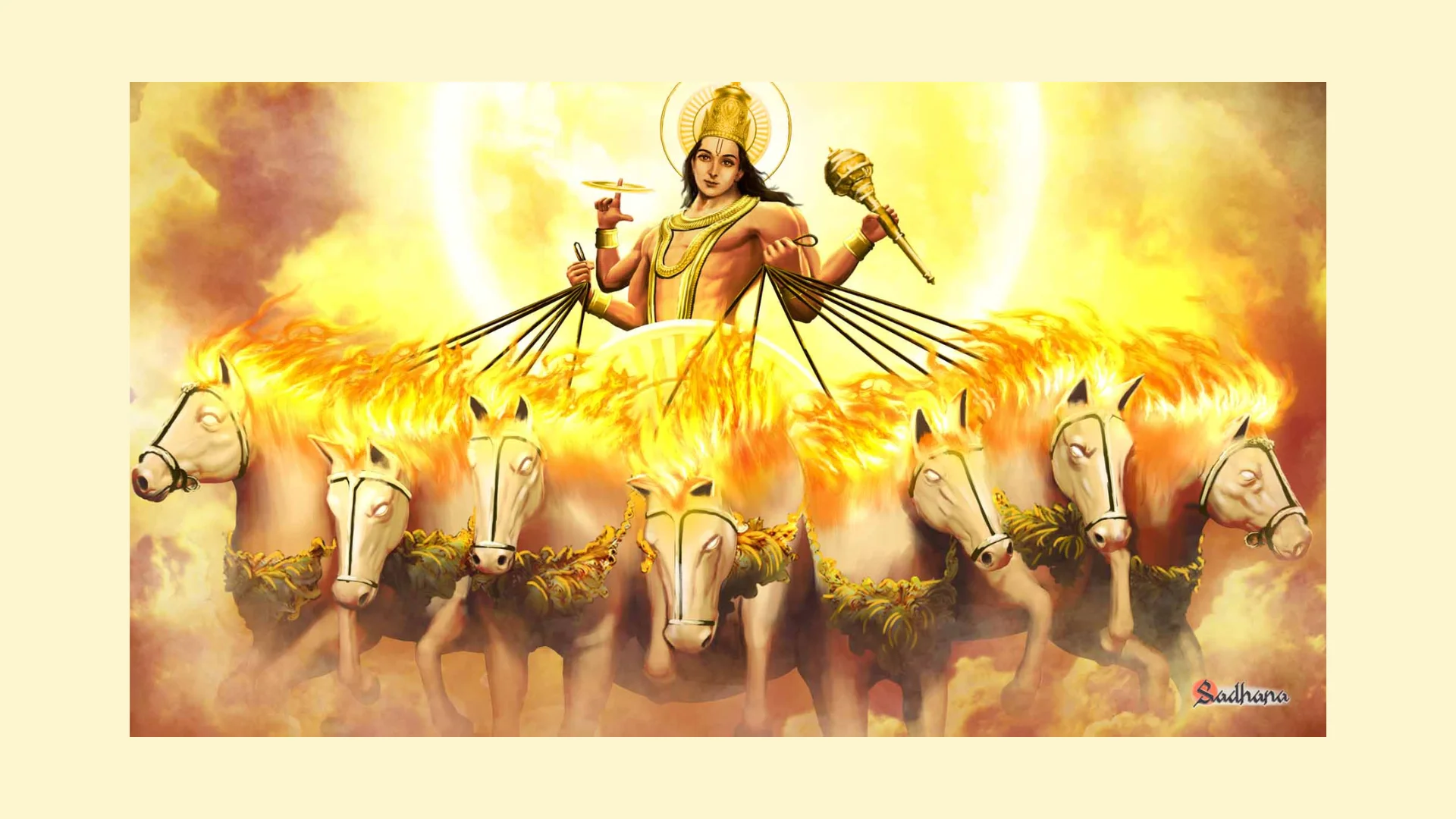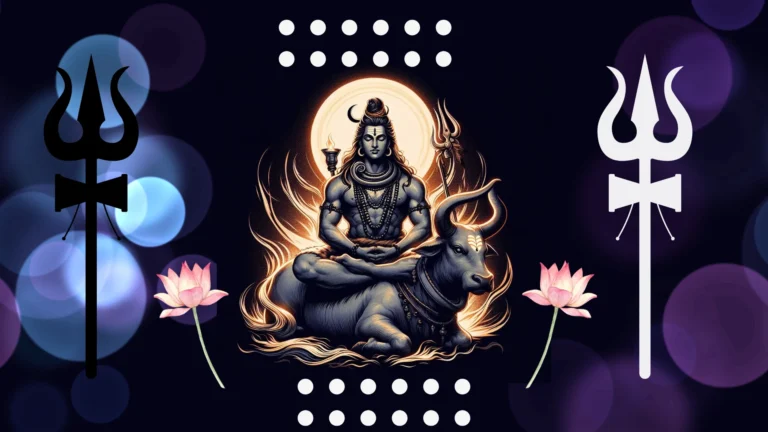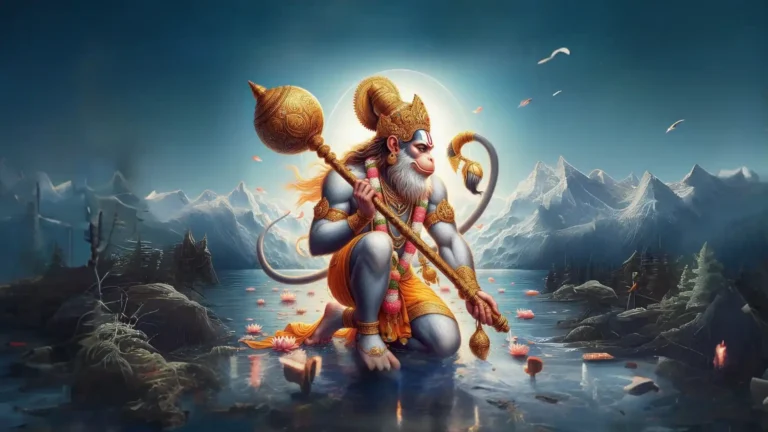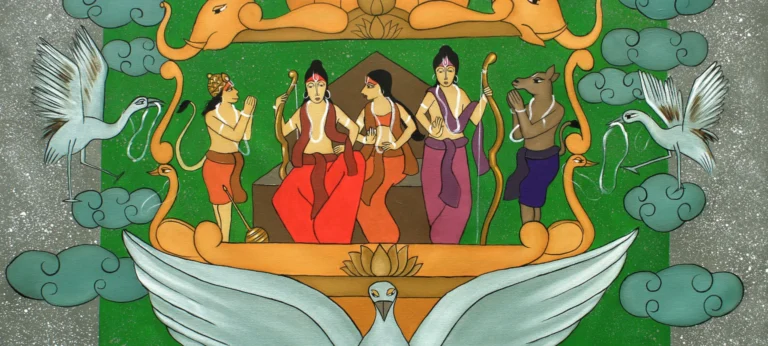Please Like the Blog and Use the Share Button Below for Maximum Reach
Table of Contents
Saura Sampradaya
The sun god or Surya Devata can be referred to in two contexts.
- The Deva (Celestial God)
- Paramatma.
Offering water to the sun during evenings is a tribute to the deva. That sun god and the Paramatma sun god are both different, but when the Lord incarnates as Lord Surya, if there is no jeeva to take that position that Surya Devata becomes Surya Narayana.
Bhur Bhuva Svaha, which is praised in the Gayatri mantra, refers to that supreme all effulgent Paramatma. The Saura Sampradaya which worshipped the sun god as Paramatma is extinct today.
The chief centre of the Saura Sampradaya existed in Konarka in Odisha. But, now that spot lies dilapidated and the idol is also found missing.
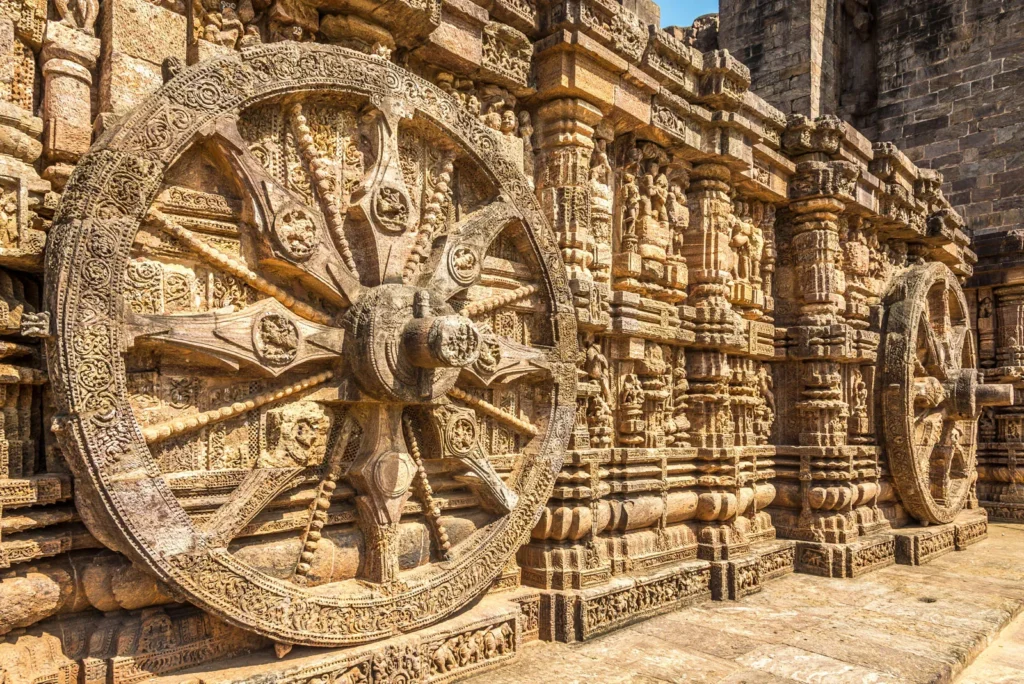
However, you might find some remote sun god worshippers in the sun god temple in Arasavilli, located a few miles away from the Shikakulam road station on the Hawda Balteyar Line.
12 forms of Surya Devata
The entire history line of Surya Devata has been well elaborated in the Surya Puran and the Vedas. The sun god assumed 12 forms as the son of Aditi. Hence he is also known as Aditya.

The 12 Adityas are- 1) Vivasvan 2) Aryama 3) Pusha 4) Tvashta 5) Savita 6) Bhaga 7) Dhata 8) Vidhata 9) Varuna 10) Mitra 11) Shaka 12) Urukrama
Birth of Surya Devata
Aditi, the wife of Kashyapa conducted a holy ritual for the Devatas to beget children. Pleased by her worship, the devatas gave her their remnants. By consuming the food, she bore 4 sons.
Once again, prepared some food- and this time, she first kept some food for herself and then she offered the food to the Devatas.
So, she developed an unripe egg. With this dead egg, she bore 4 sons. These 4 sons are known as Martanda. The third time Aditi prepared a meal only for herself. On eating the meal, she begot Vivasvan and three more sons.
Thereafter, Aditi gifted her 7 sons to the Devatas. These include-
1) Aryama 2) Poosha 3) Bhaga 4) Tvashta 5) Dhata 6) Vidhata and 7) Varuna
who are devatas themselves. Her sons, Shakra and Arukrama (Vamana) too left for Devalok. Finally Aditi was left with Vivasvan, Savita and Mitra (Martanda).
According to Astrology, Sun god is the lord of the Leo sign and the eastern direction.
His complexion is reddish-swarthy and is very ancient. He likes spicy food, is quadrangular and a warrior. Mid-afternoon is his peak hour.
Test your Alignment with the Spiritual Subject Matter (only 7-8 Questions)
The scores generated in this Quiz are relative. There are no right or wrong answers. A percentage towards 100 indicates that you are more aligned to the overall subject matter.
Birth Story of the Sun God (Paramatma)
1st version
There is another birth story of the sun god (worshipped as Paramatma). During the creation of the universe, pleased by Brahma’s penance, a divine effulgence appeared before him. That brilliance was Paramatma personified.
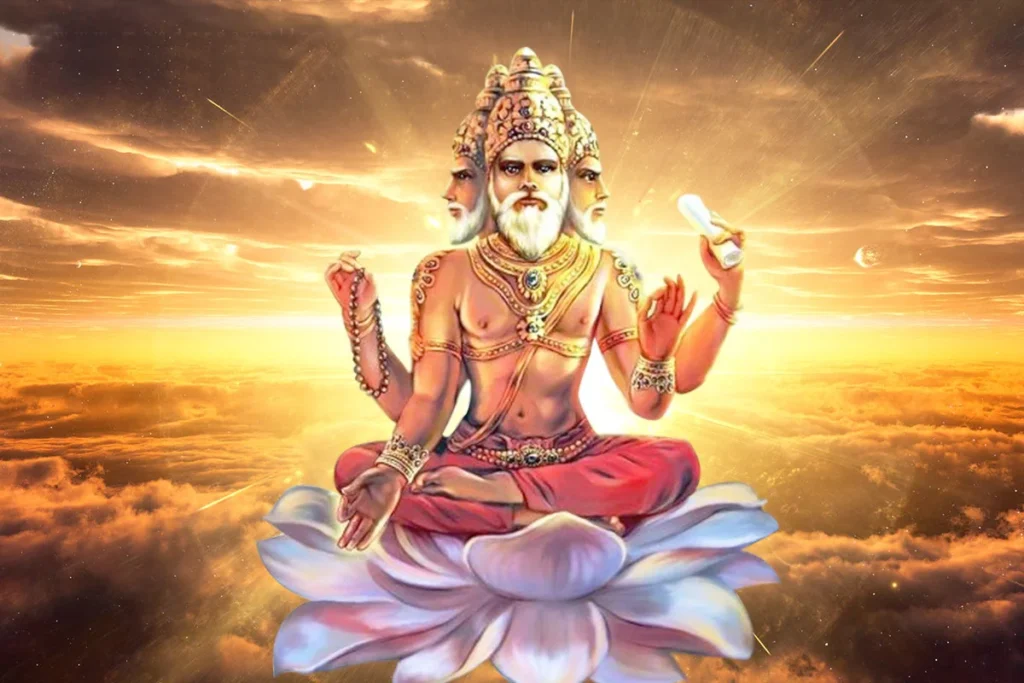
Since he is the beginning of all that exists, he is known as Aditya. That very Paramatama is Surya, the source of the Vedas. Due to its extraordinary brilliance, all higher and lower abodes began to tremble with its harsh radiations. Lord Brahma grew worried about his creation.
So he approached Surya deva and glorified him. Pleased by Brahma’s hymns, Surya deva at once reduced his heat.
2nd version
Aditi Devi venerated the sun god to avenge the defeat of her sons. Hence, she requested Surya Devata to appear as her son. As a result, a parcel of Surya deva known as Sudhumna appeared in her womb.
Those days, Aditi was observing strenuous fasts of Chandrayana.
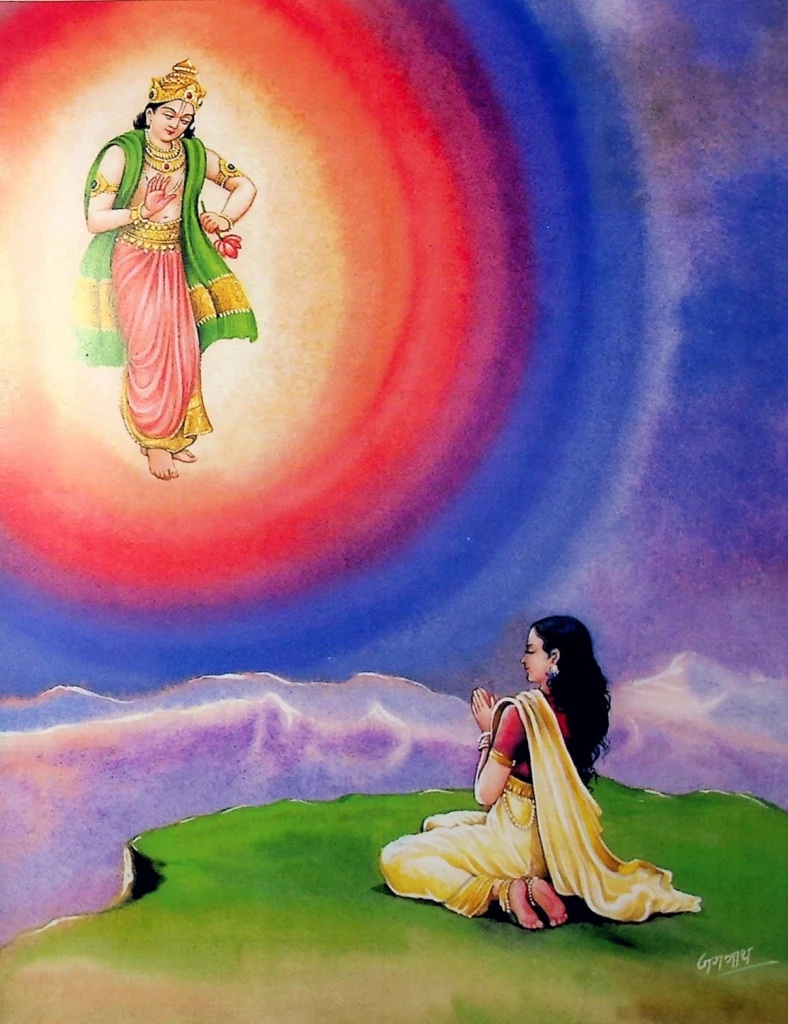
So, her husband Kashyapa said warningly- “You shall kill your egg by fasting like this.” Aditi said- “I won’t kill it. My egg will kill the enemies.” Saying this, Aditi instantly dropped her egg.
From that effulgent egg appeared the red-complexioned Surya Devata. Maharshi Kashyap had warned Aditi devi by saying- “You will kill your egg”. Due to this, the sun god born out of that egg got the name Martanda (dead egg).
Story of Sanjana and Surya Deva
Vishwakarma, the celestial architect, gave his daughter Sangya in marriage to the sun god. The first son born to Sangya was Vaivasvat Manu.

But Sangya was unable to bear the intense heat of her lord. Whenever she came near Surya Devata, she would shut her eyes. This angered Surya Devata and he said-
“You look at me and close your eyes. I curse you that your son shall be the ruler of the dark worlds.” Out of fear, Sangya opened her eyes.
But due to the intense heat, her eyes grew restless. So Surya deva again cursed her-“Your eyes are getting restless, so you will have a river as your daughter who shall be extremely fickle.”
As a result, Yamaraja and Yamuna River were born to her. Since Sangya was fearful of her husband’s wrath, she ordered her Chaya (shadow) to take her place.
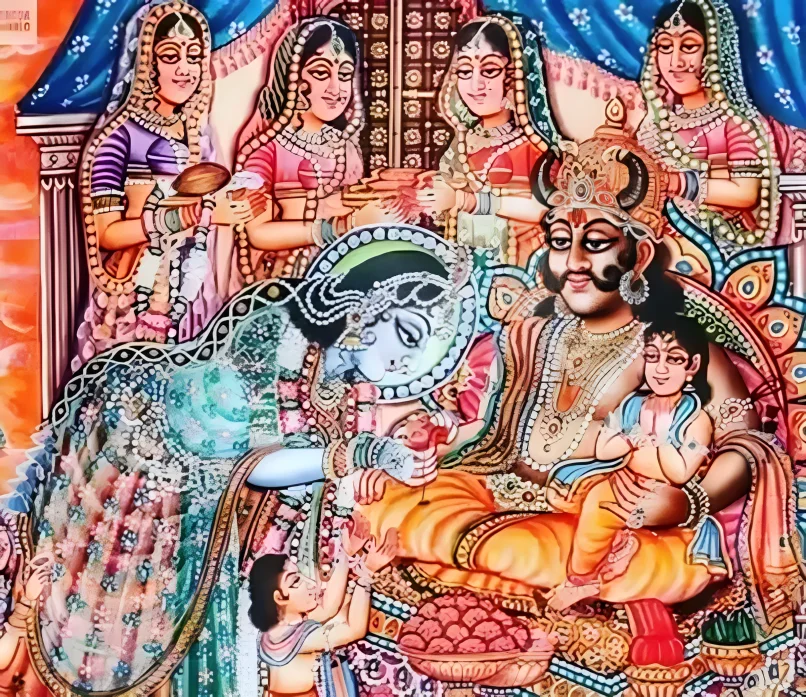
She said- “You serve my husband and let my departure be a secret.” Chaya promised her and said- “Yes, I shall keep the matter confidential, but I can reveal the truth if my life is threatened. Thereafter, Sangya left for her father’s place.
Children of Chaya Devi
Through Chaya, Surya Devata had three children. 1) Svarni Manu
2) Shaneshwar 3) A daughter named Tapti. However Chaya was not affectionate to Sangya’s children. She ill-treated them and displayed favoritism towards her offspring.
Upset at her reproachable behavior, Lord Yama rose to kick her with his feet.
But he stopped himself. Chaya then cursed him- “You stand to kick your mother. Let your feet fall away.” Immediately, Yama reported the entire matter to Surya.
Even Vaivasvat added- “She doesn’t seem to be our mother. She treats us three children very badly.”
Then Surya Devata told Yama- “With the flesh of your legs, worms shall brood on the earth. A mother’s curse shall never go in vain.”
Chaya caught
Surya then interrogated Chaya- “Who are you?” At first she refused to disclose her identity, but when Surya Devata rose to curse her, she puked out the truth and told him about Sangya’s absence. Sangya had gone to her father’s house for shelter.
But her father clearly told her- “A daughter should not stay for long in her father’s house.” So, Sangya descended to earth and assumed the form of a she-house.
There, she performed severe penance to be able to tolerate the heat of the sun. When Surya deva went to Vishwakarma, Sangya was not to be found.
Hence through his meditative powers, he regained full knowledge of her present state. Touched by her efforts, Surya Devata requested Vishwakarma- “You please reduce my heat.” On Surya deva’s order, Vishwakarma mounted him on a wheel in Shakadvipa and started chiseling him.
This produced enormous radiation which disturbed the cosmic balance. With the heat thus extracted, Vishwakarma designed Vishnu deva’s Sudarshana chakra, the Trishula of Lord Shiva, the Yama Danda of Lord Yama, the Shakti of Kartikeya, and other extraordinary ammunition for the devatas.
Hence through the Chiseling process, Surya Deva got rid off his intense heat.
Surya unites with Sangya
Now, with his gentle appearance, Surya Devata assumed the form of a He-horse and ran in the north-eastern direction. There he saw Sangya meditating in the guise of a she-horse.

Through their union the twin Ashwini Kumaras and the Revatanas were born.
The Ashwini Kumaras became the celestial physicians while the Revatnas became the leaders of the Kinnaras. Soon, Bhagavan Surya Devata revealed his true form to Sangya. She was thus pleased to see him after long-separation.
Worship of Sun God in different months
For Worship purposes, according to different months, lord surya has different names. Here, the different names of Surya Devata along with his many formations have been described-
1) During Chaitra-
Surya- Dhata Stota (धाता स्तोता) Rishi- Pulastya (पुलस्त्य) Gandharva- Tumbaroo (तुम्बरू) Apsara- Krutasthali (कृतस्थली), Asura- Heti (हेति), Naga- Vasuki (वासुकी) Sarathi- Rathakrut (रथकृत्)
2) During Baisakha
Surya – Aryama (अर्यमा) Rishi- Pulaha (पुलह) Gandharva- Narad (नारद) Apsara- Punjik Sthali (पुंजिक स्थली)
Asura- Praheti (प्रहेती) Naga- Kachhaneer (कच्छनीर) Sarathi- Athauja (अथौजा).
3) During Jyeshta
Surya- Mitra (मित्र) Rishi- Atri (अत्रि) Gandharva- Haha (हहा) Apsara- Menaka (मेनका) Asura- Paurusheya (पौरुषेय) Naga- Takshak (तक्षक) Sarathi- Rathasvan (रथस्वन)
4) During Ashadha
Surya- Varuna (वरुण) Rishi- Vashishta (वशिष्ठ) Gandharva- Huhu (हुहू) Apsara- Rambha (रम्भा) Asura- Shuka (शुक) Naga- Sahajanya (सहजन्य) Sarathi- Chitrasvana (चित्रस्वन).
5) During Shravan
Surya- Indra (इंद्र) Rishi- Angira (अंगिरा) Gandharva- Vishvavasu (विश्वावसु)
Apsara- Pramlocha (प्रम्लोचा) Asura- Varya (वर्य) Naga- Elapatra (एलापत्र) Sarathi- Shrota (श्रोता)
6) During Bhadrapad
Surya- Vivasvan (विवस्वान) Rishi- Bhrugu (भृगु) Gandharva- Ugrasena (उग्रसेन)
Apsara- Anumlocha (अनुम्लोचा) Asura- Vyagra (व्याग्र) Naga- Shadkhapal (शड़्खपाल)
Sarathi- Aasaran (आसारण)
7) During Ashwini
Surya- Poosha (पूषा) Rishi- Gautam (गौतम) Gandharva- Sushena (सुषेण) Asura- Baat (बात) Apsara- Dhrutaachi (धृताची) Naga- Dhananjaya (धनञ्जय) Sarathi- Suruchi (सुरुचि).
8) During Kartika-
Surya- Ritu ((ऋतु) Rishi- Bharadvaj (भरद्वाज,) Gandharva- Parjanya (पर्जन्य)
Apsara- Varcha (वर्चा) Asura- Senajit (सेनजित) Naga- Airavat (ऐरावत) Sarathi- Vishwa (विश्व).
9) During Margasheesh
Surya- Anshu (अंशु) Rishi- Kashyapa (कश्यप) Gandharva- Rutasena (ॠतसेन)
Apsara- Urvashi (उर्वशी) Naga- Mahashankha (महाशंख) Asura- Vidhuchhatru (विधुच्छत्रु) Sarathi- Taakshyam (ताक्ष्यं).
10) During Pausha
Surya- Bhaga (भग) Rishi- Sphoorja (स्फूर्जा) Gandharva- Arishtanemi (अरिष्टनेमि)
Apsara- Poorvachitti (पूर्वचित्ति) Asura- Urna (ऊर्ण) Naga- Kakortaka (कर्कोटक)
Sarathi- Ayu (आयु)
11) During Magha-
Surya- Tvashta (त्वष्टा) Rishi- Jamadagni (जमदग्नि) Gandharva- Shatajit (शतजित्)
Apsara- Tilottama (तिलोत्तमा) Asura- Brahmapeta (ब्रह्मापेत) Naga- Kambal (कम्बल)
Sarathi- Dhritarashtra (धृतराष्ट्र)
12) During Phalgun-
Surya- Vishnu (विष्णु), Rishi- Vishwamitra (विश्वामित्र) Gandharva- Satyajit (सत्यजित्)
Asura- Maravapeta (मरवापेत) Naga- Ashvatara (अश्वतर) Apsara- Rambha (रम्भा)
Sarathi- Sooryavarcha (सूर्यवर्चा).
This is the glory of Surya deva. By recalling his glories, one gets free of all sins.
Please Like the Blog and Use the Share Button Below for Maximum Reach
You display your love by reading this valuable material. So kindly read and consider financially supporting us to keep our efforts going with renewed vigor! Supporters in India can donate via Razorpay while those abroad can use PayPal!

